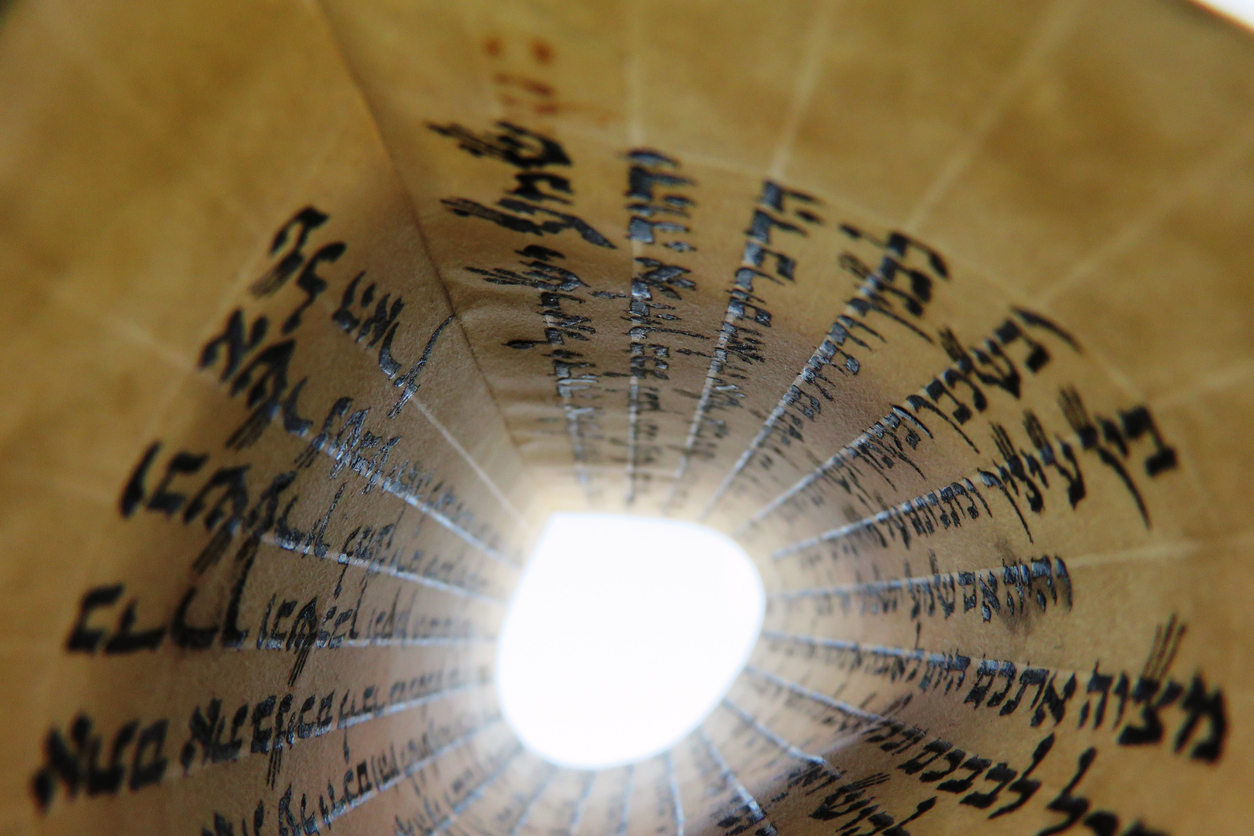On Passover, our unleavened “bread of affliction” reminds us of the speed with which our ancestors left Egypt. On Shavuot, our two risen loaves (documented in BT Menachot 45) show a leisurely approach to the holiday of first fruits. We take our time, be it with the ancient sacrifices, loaves of bread, dairy delectable, or the custom of studying Torah all night. The Exodus required fleeing in haste. Revelation required lengthy preparation.
This week’s special Torah readings for Shavuot, notably Numbers 28: 26-31, which we read both on Friday and Saturday, reaffirm the special nature of this time. It is not envisioned as a Diaspora holiday (though it remains well-adapted in Jewish Diasporas) but rather one of joy in the Promised Land. Instead of focusing on work, we are commanded in no uncertain terms to desist from work (Numbers 28:26). It is a holiday of leisure – one in which time and food are in abundance towards the end of a busy agricultural season.
There appears to be a relationship between time and timelessness in this season. The harvest, proverbial or literal, is ephemeral. The Israelites’ flight in the Exodus was a once-in-history occurrence. But our relationship with God and Torah, whatever those terms might mean to us today, remains timeless.
During Shavuot, we are left to ponder in our fields at a time of natural abundance that which may endure from our lives after us and that which is far greater. It is an existentialist “boundary experience” focused on our own temporal natures.
How ironic that on a day of rest and time that feels free to us as people, we are called to wonder about the time in a cosmic sense. How fitting that Shavuot, which is filled with joy, gratitude, and wonder, affirms that our harvest of ideas and crops alike must be tempered by an awareness of our human limitations.
Within those bounds, we are taught goodness that does not aspire to greatness. We are encouraged to revel in abundance but understand that it is but fleeting when compared to the Torah’s harvest of ideas, ethics, and values. We savor the fulfillment of our people rather than immediate gratification as individuals.
Shavuot may be our tradition’s master class on timeless joy. Chag sameach!

